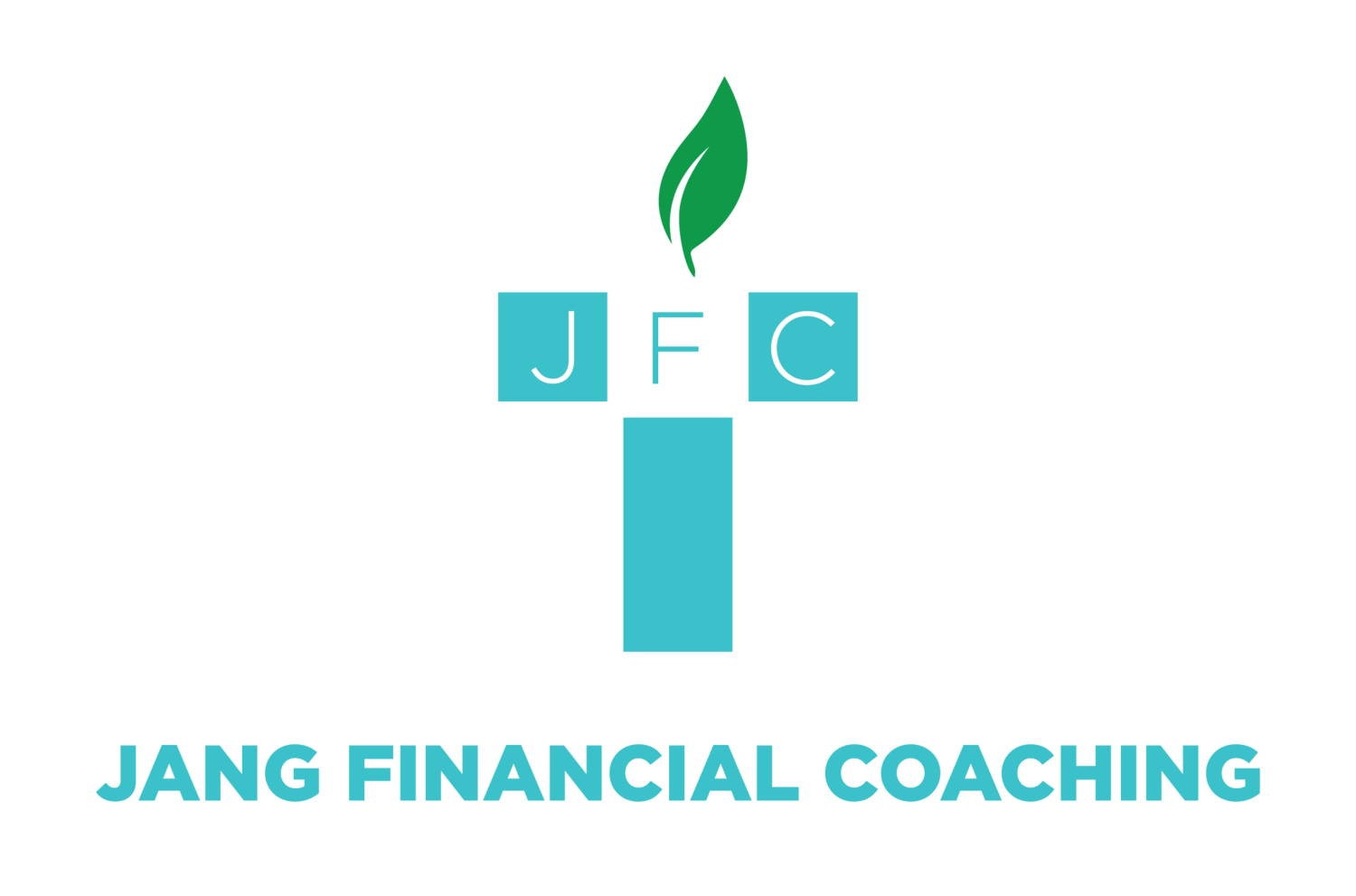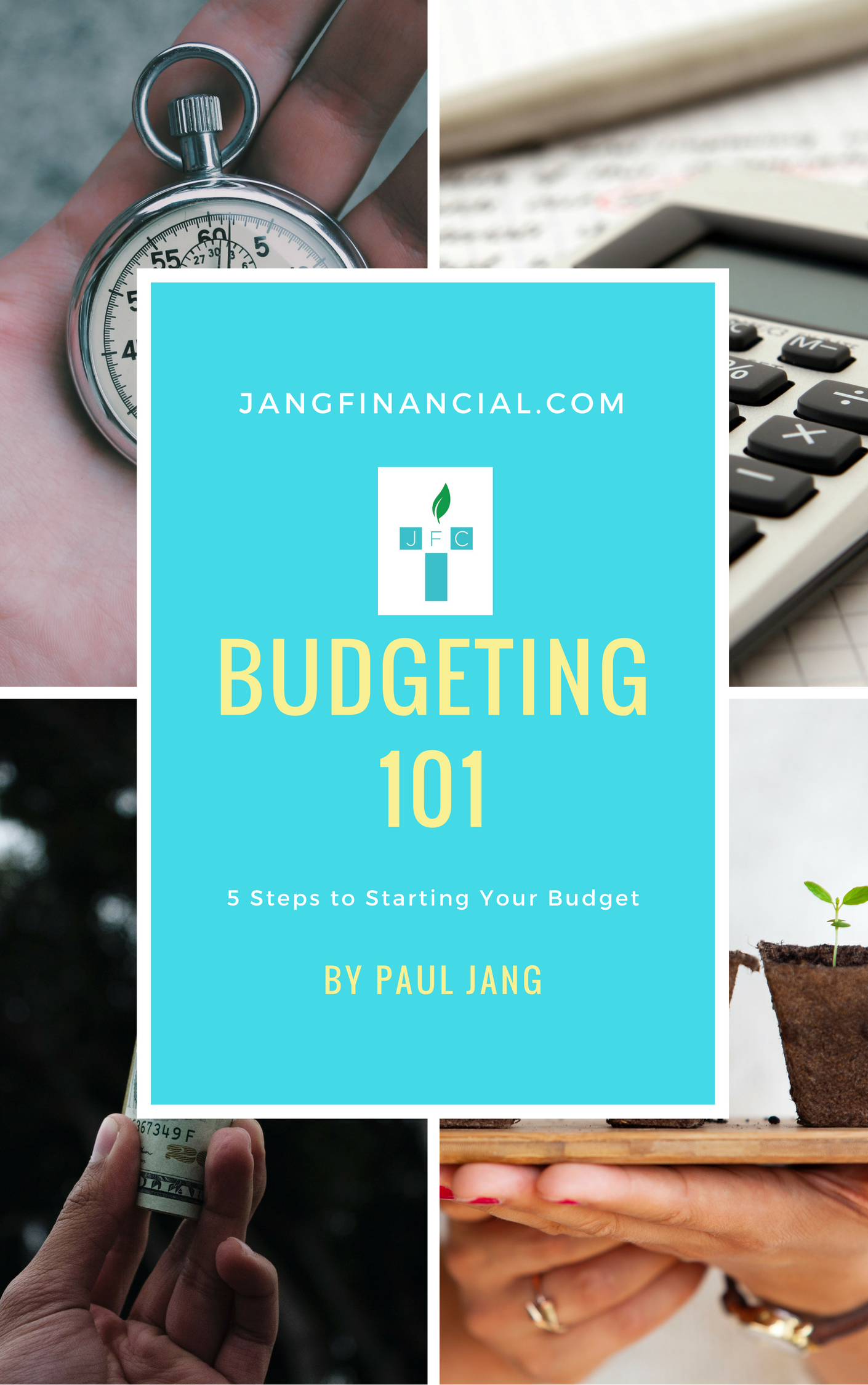Keys to Living a Generous Life
/Key #1: Grow in Self-Awareness, Seek to Live a Generous Life
I have to confess that spending money has made me feel uneasy at times. I have felt this way for a long time, if not for the majority of my life. Perhaps it has something to do with growing up rather poor, in an American sense of the word poor, not in the sense of the world where people are literally dying of starvation. Growing up in a pastor’s family, I felt poor and I knew I just couldn’t afford to buy most of the stuff that other people had.
I never lacked clothes on my back and never lacked food on the table. My heavenly father and my earthly parents always provided what I needed. However, I felt poor because we didn’t eat the kind of food others ate, and didn’t go out to eat for sure. We didn’t wear the kind of brand name clothes that I saw others wearing or participate in certain activities.
In my adulthood, even when I had money saved up for a purchase, spending money even for those planned items didn’t feel good. A healthy person would be able to celebrate and feel good about such an achievement, but I wasn’t one of them for the longest time. In my not so good moments, I lapse back to this sort of place.
Even when I had an emergency fund saved up for a rainy day, when unexpected expenses came up, I often felt upset. Isn’t that what emergency fund is for? Why couldn’t I experience some financial peace? Well, it’s a question of where I placed my real trust.
Security seekers like me may appear to have a healthy handle on and relationship with money because they are successful at managing their finances in the practical sense of the word. However, us security seekers, or AKA savers, really struggle beneath the surface because deep down, we seek security in money more than God at times, and are motivated by fear and operate under a poverty mindset. We allow the past experiences to live in fear and not let go.
I am a follower of Christ, who happens to be a recovering security seeker/saver who finds himself seeking security in money than God at times. I am still learning, failing, and fumbling to both understand and live out the life of generosity that our generous God has demonstrated through his son Jesus Christ. I want to be more generous to my family and friends around me, and especially for the Kingdom of God but I’m on a journey of growth. I don’t want to just give the tithe to God and think I am generous and did my part. I want to recognize that a tithe is just a beginning, and I am challenged to grow in living out a generous life that the Lord has called me, and us to live out for His glory.
After all, as Christians, don’t we believe in the generous God who so loved, that he gave his only begotten son for us?
A very seasoned stewardship teacher by the name of Ron Blue once said, “Financial decisions you make are the most objective measurement of spirituality there is; if you believe God owns it all, when you spend his money, in effect you are making a spiritual decision.” Our checking account and tax return can tell what our values, priorities, and goals are.
What kind of questions are you asking God as you are managing His treasures?
Key #2: Recognize the Blessings and Curses of Pursuing the Financial Path of Prudence
The financial path to prudence that you typically will hear from financial coaches like me usually involves the following steps.
- Get on a written budget that reflects your priorities and goals, and out of debt,
- Continue to live intentionally on your value driven budget, and build up an emergency fund,
- Invest in a home and pay it off before retirement,
- Invest in retirement savings for a secure retirement.
During the journey, give generously by giving a tithe (first 10%) to your local house of worship.
Some of us are still working to get out of debt, some of us are saving up a good size emergency fund, others have invested in a home, and others are maxing out your 401K. These are biblically prudent steps.
If you are like me, you might be tithing your 10%, but probably grew up thinking that after I tithe, I can do what I want to do with the rest of 90%. We often tithe, not necessarily with joy and gratitude, but perhaps with guilt or obligation. And if you are not a high-income earner and living on a tight budget, it can even be easier to hold tighter to what the Lord has given you to manage.
One of the questions I have been wrestling with for quite some time, perhaps the last 4-6 months has been on the question of generosity and if this financial path biblical prudence actually serves to move us away from God or toward God.
After all, Jesus has said some heavy and harsh things about money. That if then you have not been faithful in the unrighteous wealth, who will entrust to you the true riches?.... You cannot serve God and money. (Luke 16:11-12)
Yet the Pharisees who were lovers of money heard all these things, and they ridiculed him.
There were those who were on the high end of the spectrum of financial prudence in the Bible, like the Rich Young Ruler, Judas Iscariot, the Rich Fool, the Rich Man, the church in Laodicea, Ananias and Sapphira, and were away from God.
There were those who were on the low end of financial prudence spectrum but were positioned toward God, like Apostle Paul, the Poor widow and the church in Macedonia.
And there were those like Cornelius, Lydia, and Zacchaeus, who though were on the high end of the financial prudence spectrum who were positioned toward God.
If you are a saver like me, saving money in the name of financial prudence can easily take over your heart. What or who will we choose to trust?
Or if you are a spender, you may give your tithe and even save, but after that, your orientation is toward spending.
Either way, depending on how we are allowing trusting and yielding to God, the path to financial prudence can either lead us away from God or can position us well to be generous toward God and his kingdom purposes.
Key #3: Start Asking the Right Questions
What if instead of seeing ourselves as savers, spenders, we begin to see ourselves as who we are? Servants? Stewards managing God’s treasures, talents and time?
What if instead of asking God and asking ourselves, how much should I give? We ask, how much should we keep?
As Christ followers, the most important questions we need to be asking in financial discipleship and generosity are the following:
1) Who owns it?
2) How much is enough?
3) Is the next steward chosen and prepared?
If we don’t ask the right questions, we won’t get the answers we need.
As we recognize God’s ownership of finances and resources, and prayerfully discern how much we need to provide for our families, then we can begin to position ourselves to be generous in a systematic way.
It is then that we can save and spend but do so modestly. And start to give and invest generously and aggressively in eternal kingdom worthy goals where no moth or rust can destroy or thieves can steal.
And ask we do that, we can begin to ask some serious questions about giving generously.
1. What eternal kingdom worthy passions has the Lord placed on your heart?
2. How can you prepare regular generosity giving plan?
3. What sort of kingdom-minded financial advisor do I need to get in touch with who aligns with my eternal values?
Ready to Start?
Are you ready to get started? Contact me at paul@jangfinancial.com if you want to help disciple your congregation as God-honoring stewards from a biblical perspective, or if you yourself want to grow as a steward seeking to practically manage the finances better to hear from our Lord upon his return, “Well done, good and faithful servant. You have been faithful over a little; I will set you over much. Enter into the joy of your master.” (Matthew 25:21, 23)
Paul Jang
Pastor | Personal Financial Coach to Individuals & Financial Stewardship Ministry Consultant for Churches
*If you want to automatically receive these weekly blogs, sign up for a free budgeting e-book at www.jangfinancial.com.
**Want to check out other blog entries, check out www.jangfinancial.com/jang-financial-stewardship-blogs/
Paul Jang served as a full-time ordained pastor for close to 15 years in Bergen County, NJ. Currently, he serves as an associate pastor at the Church Gathered & Scattered and as a personal financial coach and a financial stewardship ministry consultant for churches at Jang Financial Coaching LLC (jangfinancial.com), he serves Christ-followers and churches position toward financial peace, independence, and generosity. He is a certified Ramsey Solutions Master Financial Coach, a certified small group facilitator of Compass, finances God’s way, and a member of Christian Stewardship Network. Paul has been serving as a financial counselor for about decade and enjoys running while listening to a good audiobook on anything financial. He is happily married to Joy and committed to raising 3 future stewards in God’s Kingdom.
Recent Articles
UGRU’s Breakthroughs Live Webinars
The Secret Power of Using Cash & the Cost of Automation in Personal Finances
Discipleship Matters in Personal Finances
How My Financial Illiteracy Cost Me $10K with Life Insurance
Secrets of Raising Money-Smart Kids
Articles on Financial-Emotional Types:
Do You Make This Mistake in Your Personal Finances?
How the Self-Worth Spender Within Me Stole 9 Months of My Life
Why Some People Always Medicate Themselves Through Retail Therapy
Confessions of a Recovering Security Seeker
What Is Your Financial Emotional Elephant Type?
Articles on Budgeting and Debt-Elimination
A Steward’s Guide to Starting a Budget
A Steward’s Guide to Starting a Budget Part 2: Tracking Expenses by Category
A Steward’s Guide to Starting a Budget Part 3: Fixed, Variable and Lifestyle Choices
Secrets of Knocking Out Your Debts
Articles on Car Buying
A Steward’s Guide to Car Buying: Part 1
A Steward’s Guide to Car Buying Part 2: 4 Things You Must Be Able to Do When Buying a Good Used Car
A Steward’s Guide to Car Buying Part 3: Doing the Math
Articles on Retirement
A Steward’s Guide to Retiring with Dignity: Part 1
A Steward’s Guide to Retiring With Dignity Part 2: Basic Steps



